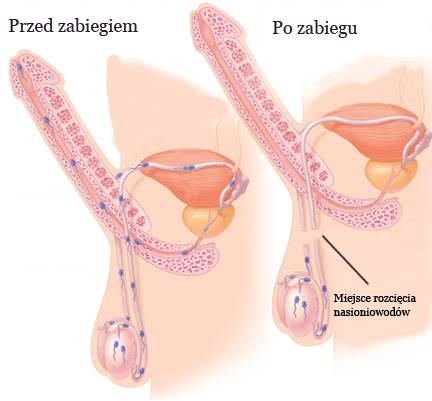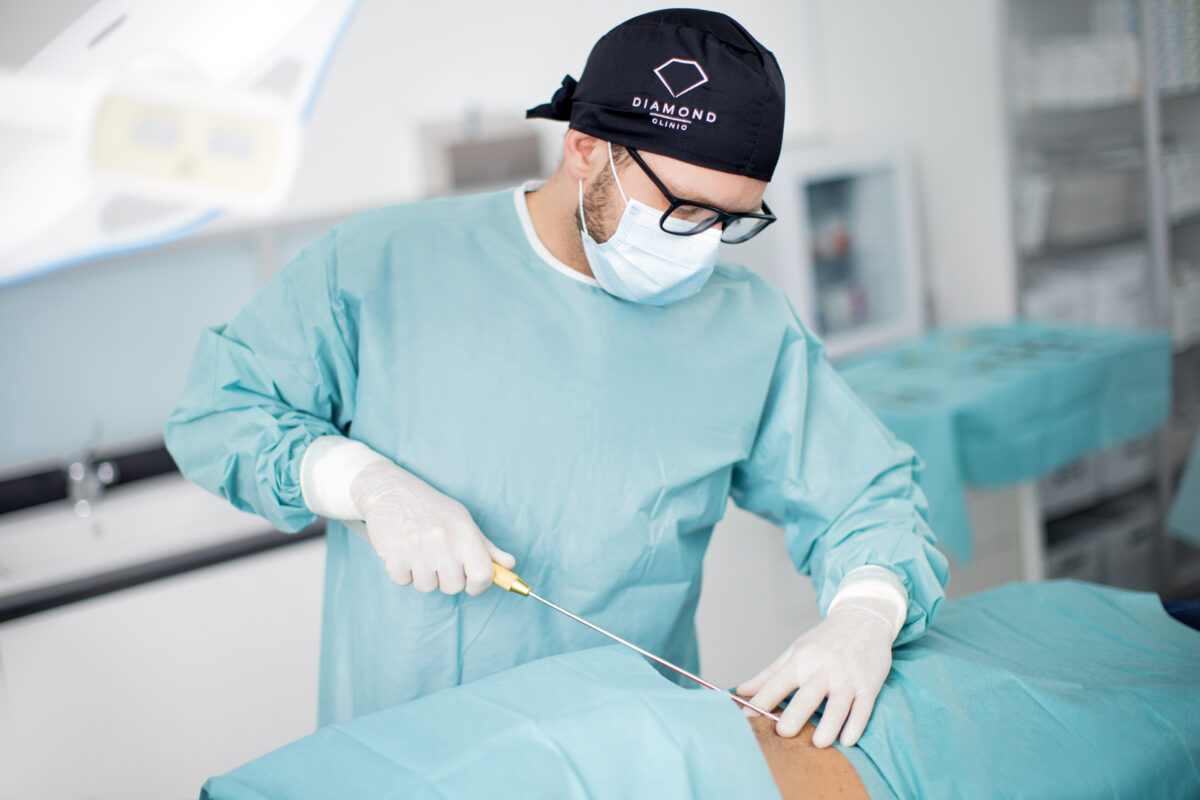Urology
Vasectomy is one of the most effective methods of contraception. Although the procedure is growing in popularity, there are many myths about it.
Does vasectomy equal sterilisation? Does it lead to sexual dysfunction in the patient? Does it increase the risk of testicular and prostate cancer? Is it reversible? We will try to answer all the questions.
What is a vasectomy?
Vasectomy is a highly effective method of male contraception. The procedure is safe and increasingly popular. According to current statistics, almost ¼ of men over 35 residing in the States have undergone this procedure.
The purpose of a vasectomy is to prevent sperm from making its way from the epididymis to the seminal vas deferens. Simply put, this means that they will not be expelled during ejaculation.
Who can undergo a vasectomy?
A vasectomy is a procedure performed on men. Most often, it is not carried out until the patient is – 40 years old, although in the USA, the procedure is already available for 18-year-olds.
The age criterion is taken into account because it often happens that very young men regret their decision after some time, which has a negative effect on their psychological condition. Exceptions are situations where there are medical indications to perform such a procedure.
How do I prepare for a vasectomy?
Before the vasectomy, you should have a consultation with a specialist for an examination and history – e.g. about your medical history or medication. Three days before the vasectomy, you should not take anticoagulants – e.g. aspirin, ibuprofen, ketoprofen. On the day of the procedure, the penis and scrotum should be washed thoroughly and the skin shaved. The procedure does not require fasting.
After how long is a vasectomy an effective method of contraception?
An important note for patients is that a vasectomy does not work immediately. It must take three months for the sperm to be examined and have confirmation that the procedure was effective. During this time, the couple should use other methods of contraception.
It is estimated that the success rate of a successful procedure is more than 99%
What recommendations are given after a vasectomy?
The patient can drive himself after the procedure, but it is safer for him to provide transport. When the anaesthetic stops working, take a painkiller as instructed by the doctor.
- The dressing can be removed the next day. At that time, a shower is also allowed. Bathing is only possible after one week.
- For about 3 days, the patient should wear compression panties and put cold compresses on the scrotal area.
- After 2 days, gentle physical exercise can be undertaken, but lifting weights, swimming or running is prohibited. This, as well as intercourse, is not allowed until 14 days after the procedure.
What is the recovery time after a vasectomy?
After the procedure, patients may experience slight discomfort and pain, which usually passes after about six weeks. Men who work in offices, for example, can return to their duties immediately . Those who do physical work should wait at least one week.
Can a vasectomy lead to sexual dysfunction?
One of the many myths is that vasectomy adversely affects sex life by lowering libido, making it more difficult to ejaculate or reach orgasm. This is untrue. The procedure does not change testosterone levels or semen volume. Intercourse is usually more pleasurable because it is not accompanied by the stress of the possibility of unplanned conception of the partner.
Does a vasectomy increase the risk of testicular and prostate cancer?
This is another concern of patients wishing to undergo the procedure. The answer to the above questions is NO. A vasectomy does not increase the risk of cancer.
Is the vasectomy procedure reversible?
The effects of a vasectomy can be reversed, but the procedure is not easy. The restoration of the vas deferens is carried out under general anaesthesia, under a special microscope and takes several hours. The success rate of the procedure is up to 80 per cent, but it decreases with the time that has passed since the vasectomy was performed. For example, a man who underwent it 10 years ago has about a 25% chance of regaining his fertility.
The decision to have a vasectomy should therefore be well thought out, and it is a good idea to freeze sperm in case you want to have offspring. That way, if the procedure to restore the vas deferens fails, the possibility of in vitro fertilisation remains.
The procedure is performed in our Clinic by urologists with many years of experience Dr Maciej Jarosz and Dr Tomasz Drabarek.
Vasectomy
- it is a procedure leading to infertility, which is why it is chosen by men who do not want to have children at all or who already have as many as they have always wanted. the indication for the procedure is also the poor health of the partner.
- the effectiveness of vasectomy exceeds 99%. according to the pearl scale, used to determine the success rate of selected contraceptive methods, vasectomy gives the best results of all pregnancy prevention methods used by both men and women.






